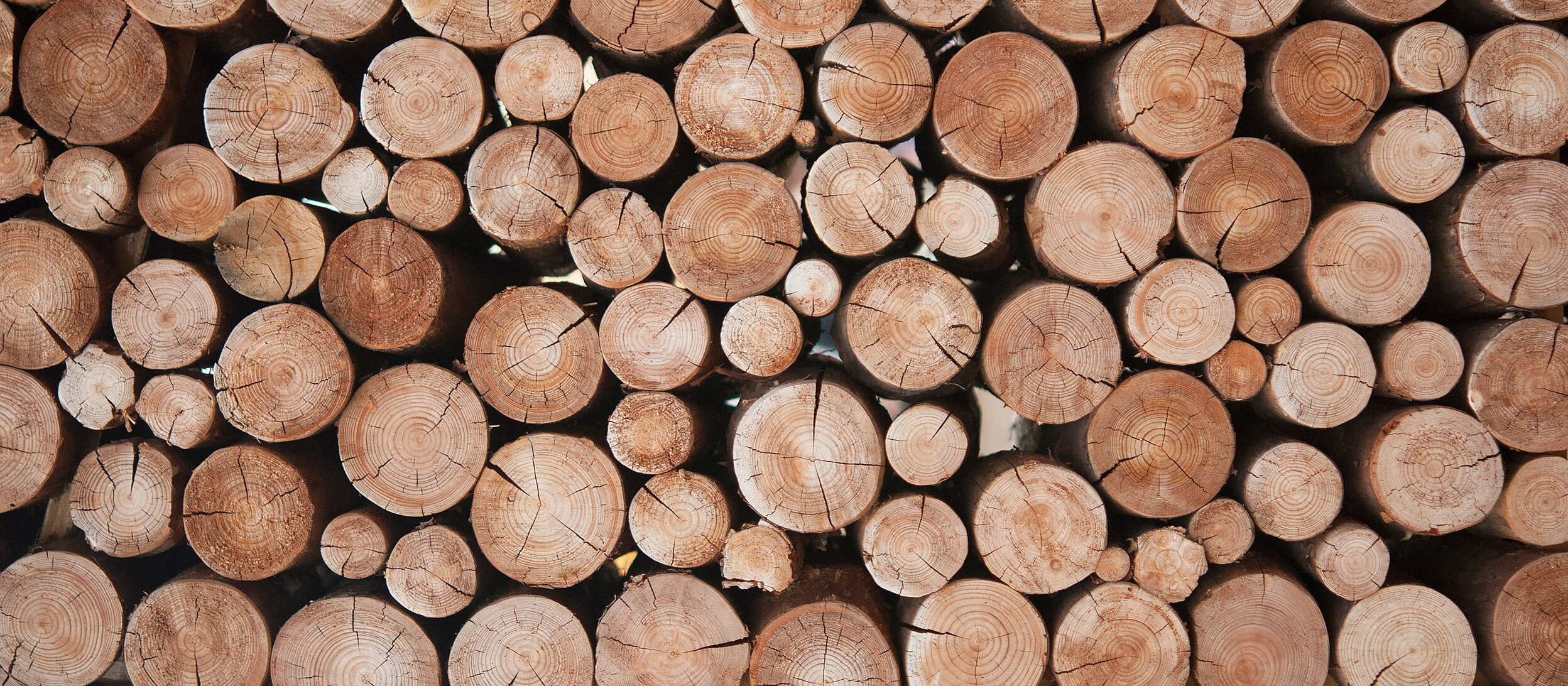Regulation on deforestation adopted
On 19 April 2023, the European Parliament adopted a Regulation on deforestation. The Council in turn adopted the Regulation on 16 May 2023 –20 days after the regulation is published in the EU’s official Journal it will enter into force.
German companies will be familiar with some of the obligations of the Regulation from the Due Diligence in the Supply Chain Act (LkSG). Unlike the LkSG, however, the Regulation affects companies regardless of the number of employees. In addition, the regulation provides for more serious consequences such as import and export bans.
Commodity-based scope of application
The Regulation on deforestation will only affect certain raw materials. The following raw materials and the products made from them are covered: Cattle, cocoa, coffee, palm-oil, soya, wood, rubber, charcoal and printed paper products and a number of palm oil derivatives. This also means that there will be far more products covered than it appears.
Broad personal scope of application
The regulation will apply to a wide range of companies. In particular, it will apply to companies, which in the course of a commercial activity, place relevant commodities and products on the Union market or export them from the Union market or make them available to the Union market. Small and medium-sized enterprises (SMEs) are also covered by the regulation, although they are only subject to a limited list of obligations.
Broader due diligence obligations
Companies to which the regulation applies will have to demonstrate that their products are not linked to deforestation or forest degradation by establishing a traceability and due diligence system and providing information on the origin and environmental impacts of their products. Forest degradation also includes conversion of primary forests into e.g. plantation forests. Companies must prove that their products do not originate from deforested areas and that their products have not caused damage to forests, including irreplaceable primary forests, after 31 December 2020. The regulation therefore requires companies to verify the origin of raw materials that had already been extracted more than two years ago.
The obligations are similar to those in the LkSG; however, higher standards are set for documentation and verifiability. Specifically, the obligations are as follows
- Due diligence declaration for import and export
- Obligation to collect information and documents to prove non-deforestation, especially geo-localisation
- Risk assessment and mitigation measures
„Effective, proportionate and dissuasive“ penalties
The Regulation provides for monitoring, reporting and enforcement of the requirements by the Member States and the Commission. It also sets out sanctions for violations, such as fines, seizure or withdrawal of products, or suspension of the supply or export of products. In particular, the threat of a ban on placing products on the market goes far beyond the sanctions of the LkSG.
Outlook
The regulation will come into force in June 2023 and according to article 38 of the regulation it will apply from the beginning of 2025. For companies, this means that the obligations must be implemented within 18 months.
The European Commission will publish the deforestation country risk score in the new benchmarking system within the 18-month implementation period. Each risk will be the benchmark for companies' due diligence obligations.
The new regulation combines import compliance with supply chain compliance. Companies to which both regulations apply will have to expand their supply chain compliance to include deforestation-specific due diligence obligations in the future.

Subscribe to our GvW Newsletter here - and we will keep you informed about the latest legal developments!




